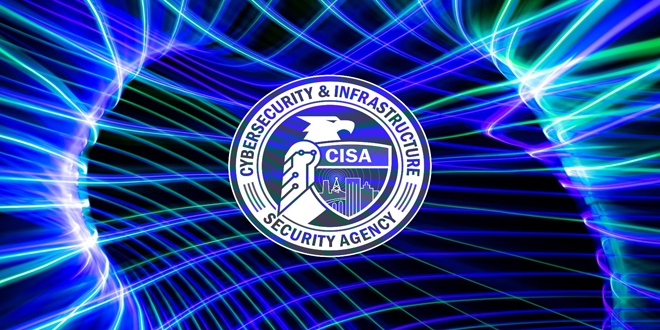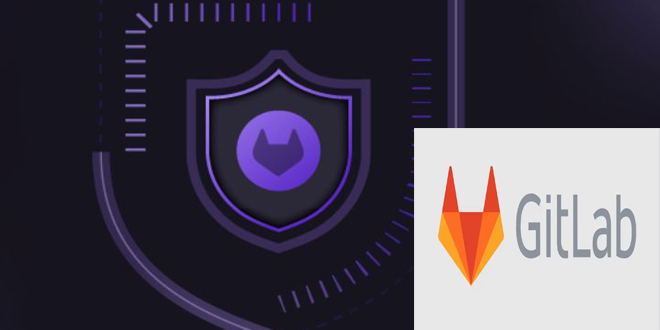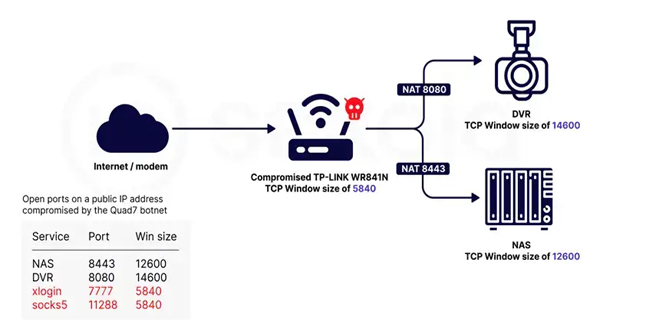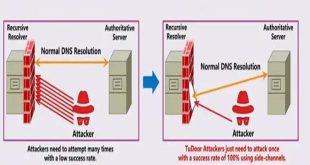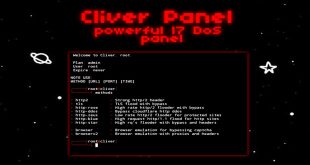Kaspersky has launched a new virus removal tool called KVRT for Linux, which allows users to scan and remove malware and known threats for free.
Linux systems are often thought to be secure, but a security firm has shown that this is not always the case. They have discovered several real-life examples, such as the recent XZ Utils backdoor, which prove that Linux systems are not immune to threats.
Kaspersky’s new tool is not for real-time protection against threats. It is a separate scanner that can find malware, adware, legitimate programs used for malicious purposes, and other known threats. It also offers to remove them. Deleted or disinfected malicious files are kept in a safe form in the ‘/var/opt/KVRT2024_Data/Quarantine’ directory for root users.
The app uses an updated antivirus database to scan the whole system for matches. However, users have to download a new copy each time for the latest definitions.
“Our application can scan system memory, startup objects, boot sectors, and all files in the operating system for known malware. It scans files of all formats — including archived ones,” says Kaspersky.
KVRT only works on 64-bit systems and needs an active internet connection to function.
Kaspersky has tested the tool on popular Linux distributions like Red Hat Enterprise Linux, CentOS, Linux Mint, Ubuntu, SUSE, openSUSE, and Debian, and confirmed it works on them.
Even if your distribution isn’t on the list of supported systems, there’s a good chance that KVRT will work without problems, so it wouldn’t hurt to attempt to run a scan, Kaspersky says.
KVRT can be downloaded from here, and once downloaded, the user needs to make the file executable and run it as root for maximum functionality.
Kaspersky has provided detailed instructions on how to set up the binary for execution both via the GUI and the console on this webpage.
The publisher of this platform has not tested KVRT’s effectiveness or guaranteed its safety, so use the tool at your own risk.
Source: Kaspersky blog, Bleepingcomputer
(Media Disclaimer: This report is based on research conducted internally and externally using different ways. The information provided is for reference only, and users are responsible for relying on it. Infosecbulletin is not liable for the accuracy or consequences of using this information by any means)
 InfoSecBulletin Cybersecurity for mankind
InfoSecBulletin Cybersecurity for mankind







